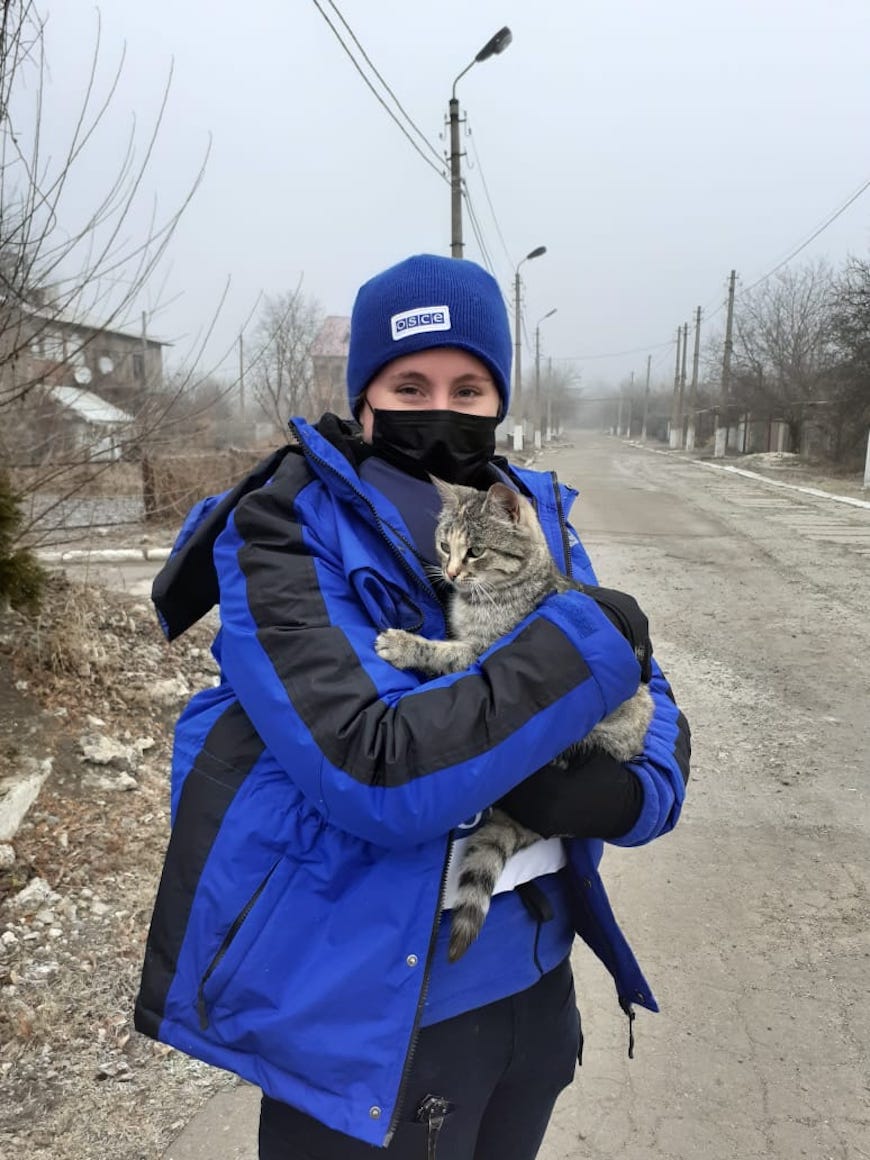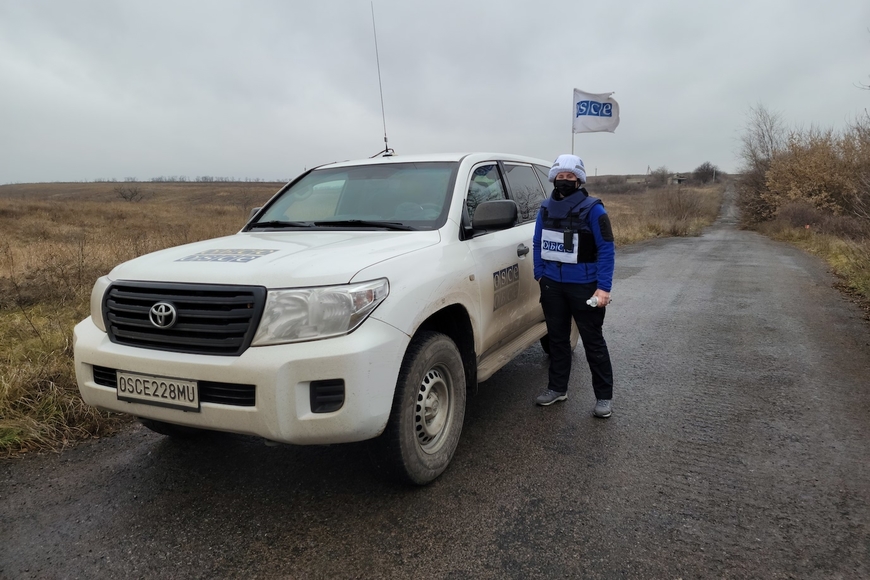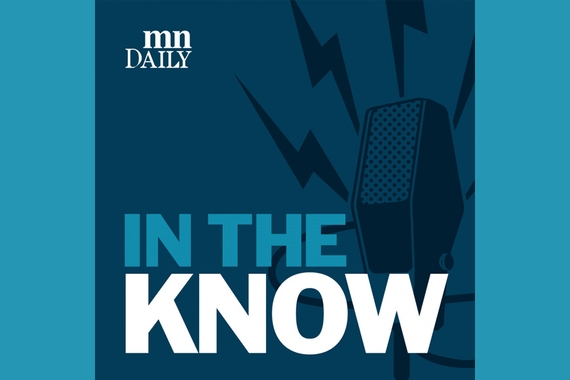MHR Alum serves as OSCE Monitoring Officer in Ukraine
Colleen Ryan (MHR ‘21) is a Master of Human Rights alum with nearly a decade of academic and professional experience in security sector reform. From 2015 to 2021 she worked as a police officer for Minneapolis Police Department, where she responded to mental health calls alongside clinicians as part of the innovative Co-Responder Pilot Program. During the June 2020 Black Lives Matter demonstrations in Minneapolis, Ryan contacted GQ Magazine to blow the whistle on MPD’s “toxic culture,” for which she was disciplined by then-MPD Chief Medaria Arradondo. Since leaving her position in October 2021 due to MPD’s hostile work environment, Ryan has served as a Monitoring Officer for the Organization for Security and Co-operation in Europe’s (OSCE) Special Monitoring Mission to Ukraine.
This interview was conducted on February 21, 2022, two days prior to the recent Russian invasion of Ukraine. Responses have been edited for clarity.
Human Rights Program (HRP): What does a day in the life look like for an OSCE Monitoring Officer?

Colleen Ryan (CR): As a Monitoring Officer, our role is to monitor the implementation of the Minsk Agreements, military movement, and possible ceasefire violations. To do this, Monitoring Officers conduct daily patrols in armored vehicles in our Area of Responsibility (AoR) to establish observation and listening posts in areas of conflict, facilitate critical infrastructure repairs, and conduct follow-up on civilian casualties and impact site assessments. As a Monitoring Officer stationed in the Donetsk Patrol Hub, my AoR encompasses the non-government controlled area of the Line of Contact, which is the demarcation zone between government-held territory and Russian-backed separatists.
HRP: How is your career related to your MHR program, and how do you believe your education impacted your career trajectory?
CR: My MHR was not a prerequisite to my transition to international security work, but it certainly helped me to develop connections with incredibly accomplished scholar-practitioners who teach security courses at Humphrey. I feel very fortunate to have had the opportunity to learn from Steve Andreasen and Dr. Dipali Mukhopadhyay at Humphrey, as well as having Dr. Mary Curtin and Dr. Mukhopadhyay on my Professional Paper panel. They all challenged me to think critically and pursue bigger opportunities abroad.
HRP: What inspired you to pursue a career in the human rights field?
CR: Protection of human rights has been a foundational principle for me throughout my career in public service—first as a Minneapolis police officer and now as a Monitoring Officer in the OSCE's Special Monitoring Mission to Ukraine. My professional and academic interests in the Women, Peace, and Security agenda, specifically increasing the participation of women in security sector organizations, is what drew me to human rights work. As a female police officer in Minneapolis, I saw firsthand the challenges women face in security sector organizations. Now, in my role as a Monitoring Officer and as a deputy Patrol Group Leader, I am able to utilize my past professional experiences and academic training to ensure gender balance in my patrol planning and engage with civilians on the gendered impacts of the conflict in eastern Ukraine.
HRP: What advice do you have for current or prospective MHR students as they enter the next stage of their careers?
CR: My biggest advice for current and/or prospective MHR students is this: Education is not a substitute for experience. In addition to your studies at HHH, make sure you are taking every opportunity you get to network and start building the professional network that will help you get to the next step in your career. Work with your professors early on at Humphrey to build relationships and find opportunities to build your resume; you only have two years in the MHR program, so it is important to start developing your relationships and networks early. Lastly, do not be afraid to step out of your comfort zone, whether it is taking a class you may not be sure about, accepting an internship that challenges your limits, or even moving abroad for a new career after finishing your MHR.



